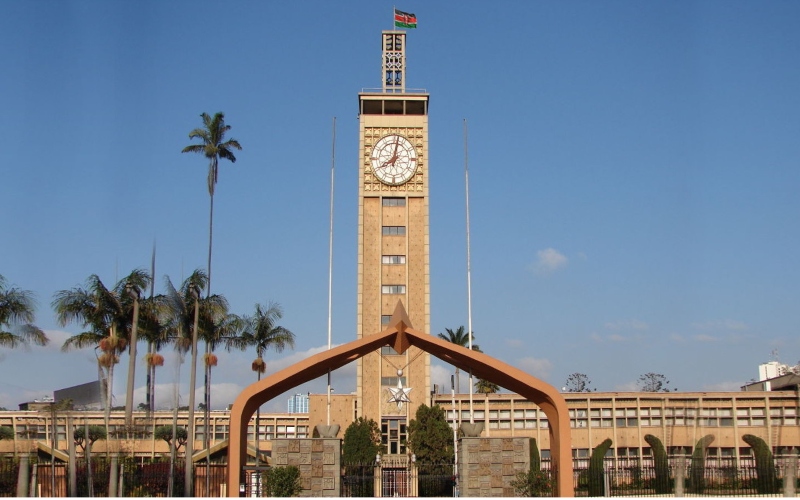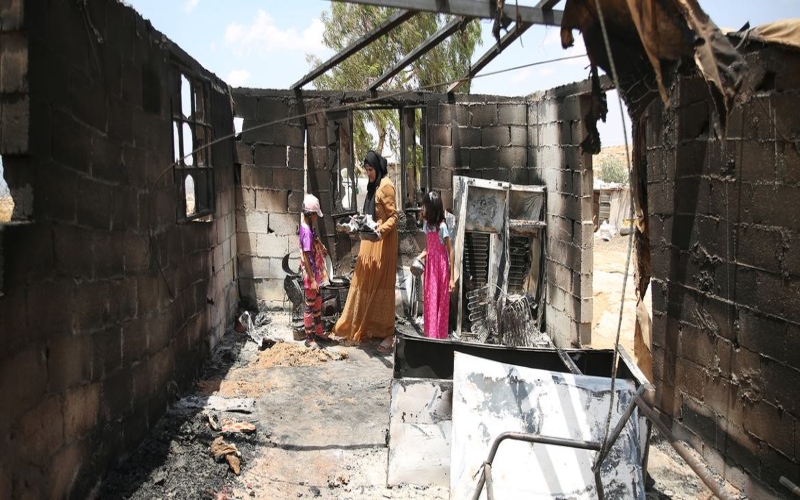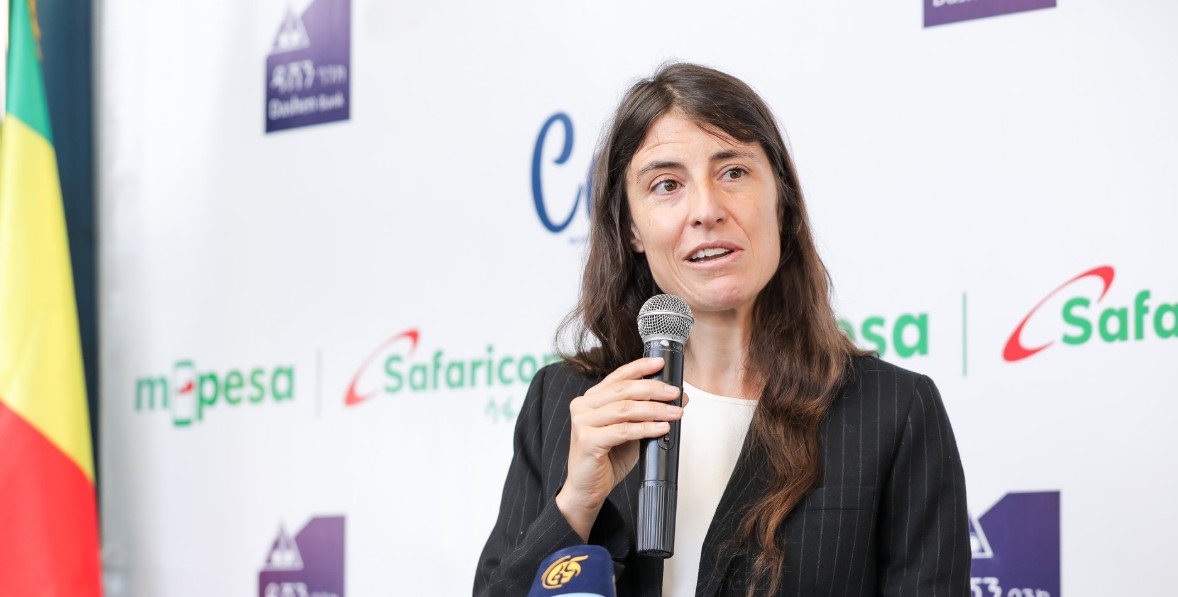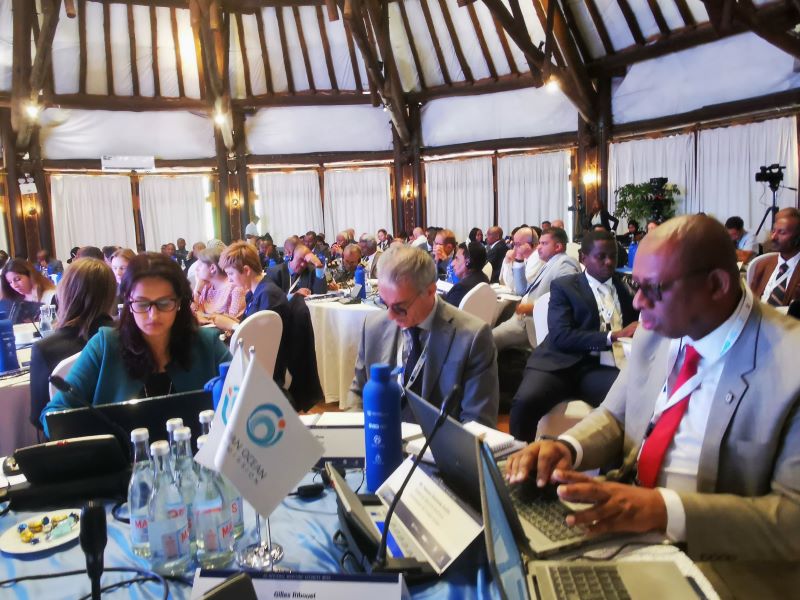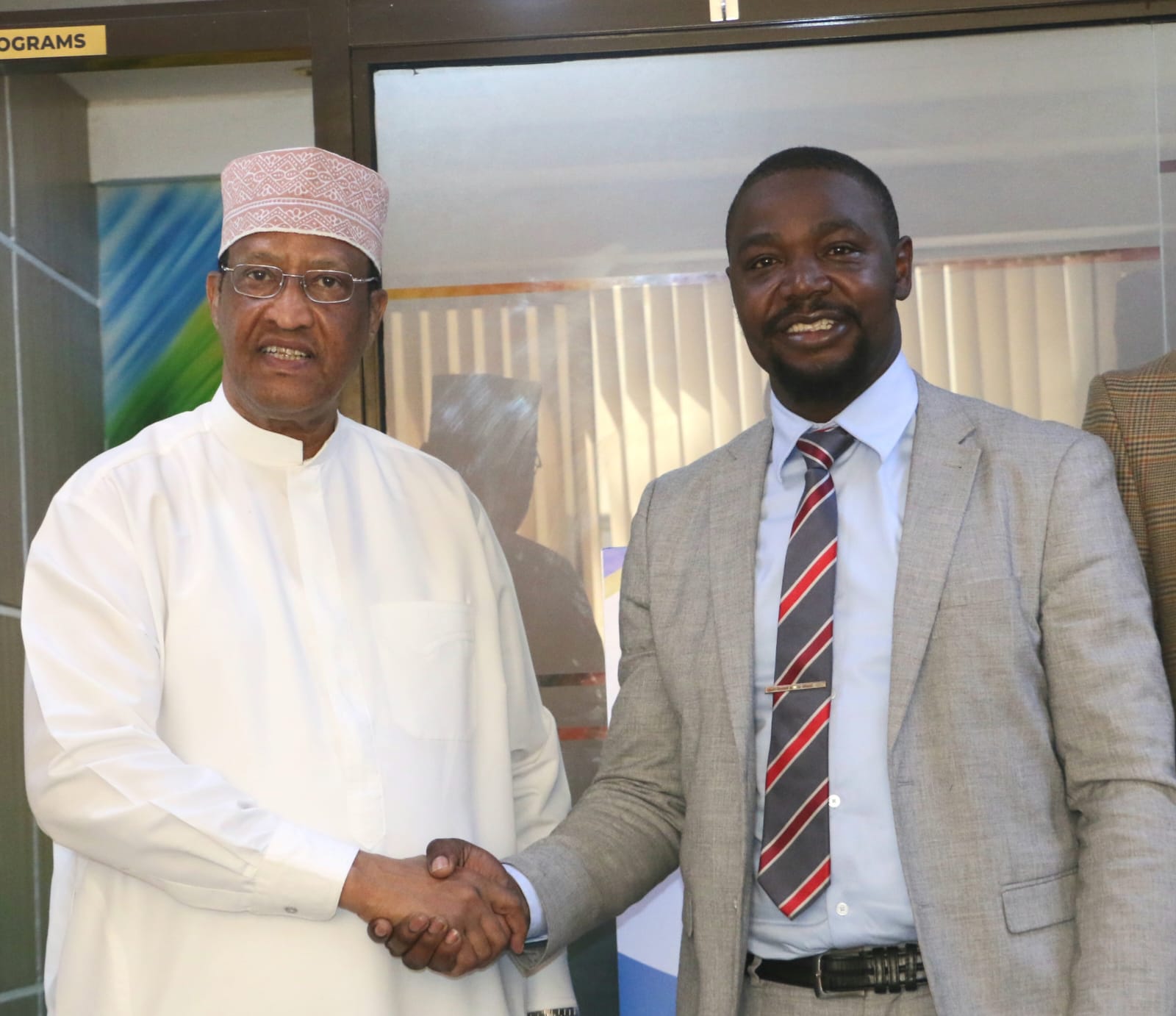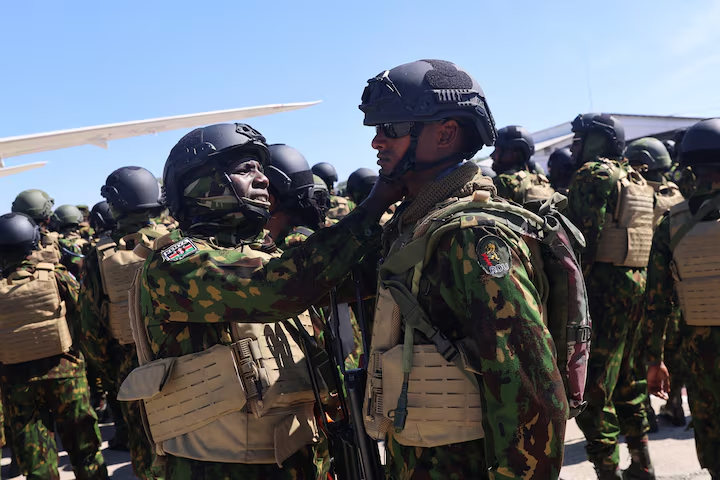IGAD launches checklist for media practitioners covering violent extremism

It urges media practitioners to minimise harm, avoid bias, and exercise caution when using images and videos in stories about terrorism and violent extremism in Somalia, Uganda, Kenya, Sudan, South Sudan, Tanzania, Ethiopia, and Djibouti.
The Inter-Governmental Authority on Development (IGAD) Executive Secretary, Dr Workneh Gebeyehu, has launched a media practitioners’ checklist for reporting on violent extremism in the region.
The checklist, which provides journalists with guidelines on key considerations when covering violent extremism, aims to improve the quality of reportage on the topic across IGAD member states.
More To Read
- Kenya, UK celebrate success of Sh3.6 billion REINVENT security programme after seven years
- Lawyer Chacha Mwita charged with terror financing, freed on Sh5 million bail
- Landmine casualties rise to 6,279 as treaty withdrawals loom
- Kenyan journalists celebrate climate reporting wins at IGAD Media Awards 2025
- Kabogo threatens to deny adverts to media critical of government
- Government warns religious extremism shifting to encrypted ‘digital sanctuaries’
It urges media practitioners to minimise harm, avoid bias, and exercise caution when using images and videos in stories about terrorism and violent extremism in Somalia, Uganda, Kenya, Sudan, South Sudan, Tanzania, Ethiopia, and Djibouti.
Speaking at the launch on Tuesday, Dr Workneh emphasised the importance of the media’s role in amplifying positive narratives within the region.
“The reason we are doing this is that our community needs the service of the media. Our voices should not just amplify the negative narratives but also highlight the positive stories that unite us. We have many elements that bring us together,” he said.
He cited shared languages, cultures, and social fabrics as commonalities that bind the region's communities.
After the launch, Dr Workneh attended another forum on the operationalisation of a regional mechanism for combating transnational security threats. He called on member states to expedite the ratification and domestication of the Statute for Regional Cooperation and Coordination Mechanism against Transnational Security Threats and its accompanying statute to enable its implementation.
“This mechanism is designed to allow us to share intelligence more effectively, harmonise our legal frameworks, and strengthen our capacity to respond to threats as a unified region,” he stated.
Dr Workneh acknowledged the significant security challenges facing the IGAD region, many of which transcend national borders.
“We are no strangers to the threats of terrorism, human trafficking, cybercrime, and the illegal arms trade. These threats have disrupted lives, weakened economies, and tested the resilience of our nations,” he said.
Top Stories Today

